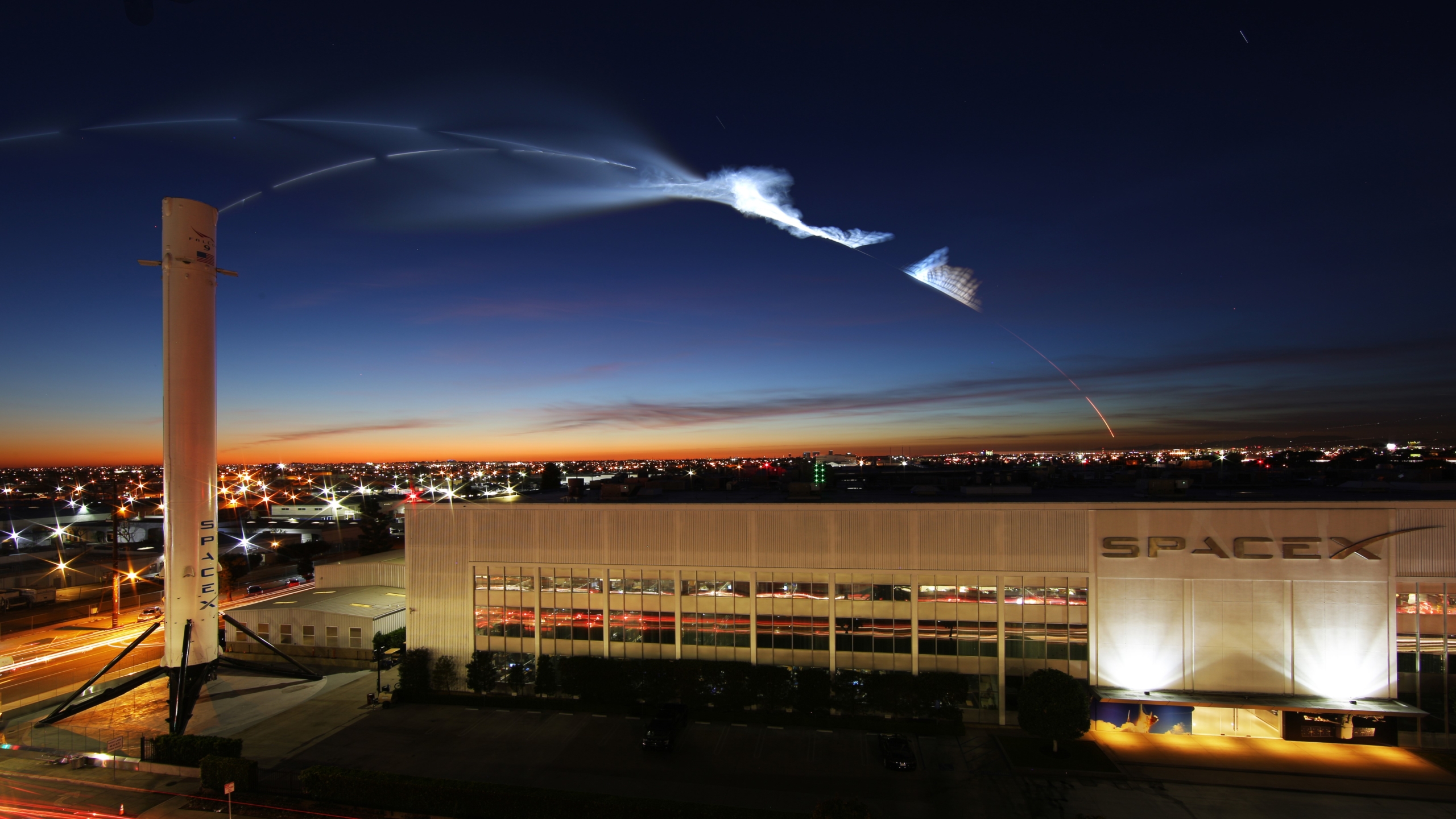Hack Starlink and get up to $25,000 as a reward from SpaceX
As the services become available in more countries, Starlink is likely to see a large number of users. Since the company, ships its terminal to anybody who pays for it, even in the remotest parts of the country, it has no control over how the terminals are used and possibly even misused to gain entry to its network.
The $25 Starlink Hack
Last week, we reported how a custom-made modchip could be used to hack into Starlink’s ‘Dishy’ and cause a glitch that allows hackers to access locked parts of the system. Reports suggest that the modchip, made from off-the-shelf parts can be put together for a measly sum of $25 and gives the attacker, root access to the terminal that allows them to execute arbitrary code.
Such a hack compromises the Starlink terminal in a way, that it cannot be fixed by the company and was also shared at the recently concluded BlackHat Conference in the U.S. Luckily, the intention of the hacker was not to disrupt Starlink’s services but to demonstrate how vulnerable the infrastructure was and how it needed to be improved.
Starlink’s Bug Bounty Program
The ease with which the hacker, Lennert Wouters, managed to get into the Starlink terminal prompted the parent company to release a six-page document that spends a fair bit of time explaining what security measures Starlink’s network is equipped with and what Wouters’ hack means for the regular users of Starlink’s services, which is basically no-risk.
It is only on the last two pages that the company goes on to state that it encourages others to hack into its systems and also rewards them for reporting bugs to the company.


